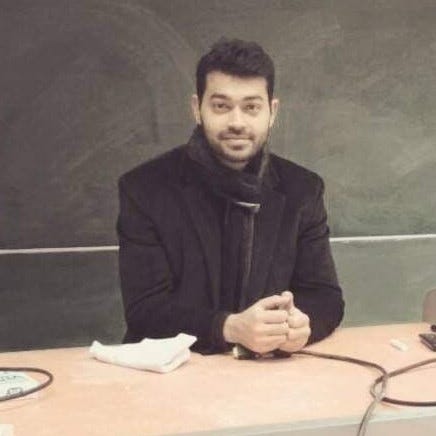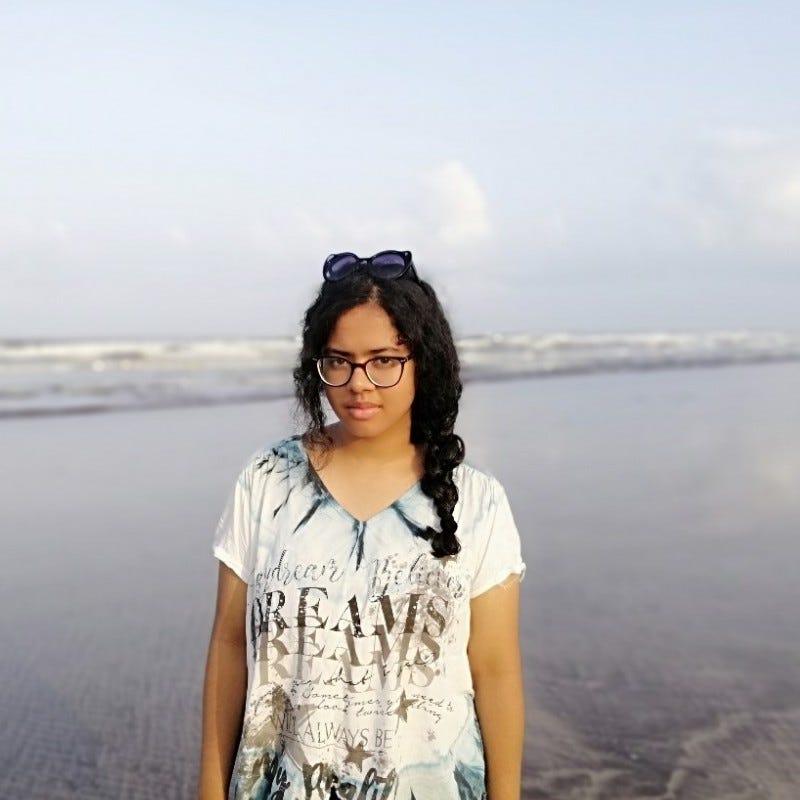How Global Citizens Experience COVID-19 And Why We Need Global Solidarity More Than Ever
Why we need a global approach to solve crises like the Coronavirus and what role Covid-19 fears play among different countries and communities.

From a lack of food to a lack of jobs and no effective support mechanisms where it is most needed.
I am worried if killing the economies is worth it if we so laxly approach the support for the most affected populations? — Dawid, Poland
April 7th, 2020:
The economic lockdown around the world has resulted in an increase in violence, a lack of food supply, overloaded healthcare systems, and a global panic response that will trigger mental health consequences long after the pandemic is over.
Experts agree that government policies need to balance overcoming both the health and economic crisis. In the short run, economic policies should mitigate the impact of lockdowns and ensure that the current crisis does not trigger financial, debt, or currency crises. It should facilitate a quick recovery once the economy is taken out of the deep freeze. Currently, there are no solutions to this.
In order to help policymakers and governments to design data-driven response actions, we decided to run a Coronavirus Policy AI Challenge. More than 70 AI engineers and domain experts from leading organizations are currently finding answers to these questions.
In the meantime, we asked 14 Omdena Collaborators across 5 continents about their Covid19 experiences.
Fears, hopes, and expectations from 14 countries
Murindanyi Sudi, Uganda
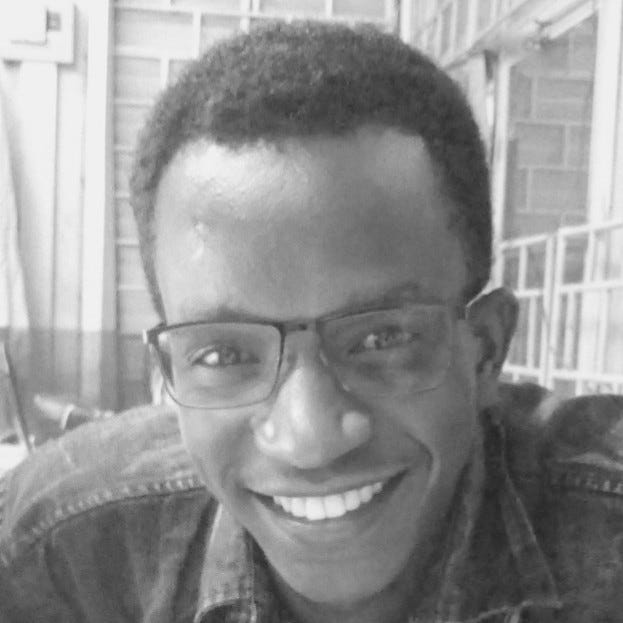
The lockdown created fear and panic; The country is already in disaster. People cannot get to work or their business meaning they can no longer earn a living. The casual workers who survive on a daily wage also suffer. The government has promised food donations for vulnerable people who have lost their source of livelihood but have yet to fulfill. The cause has led to an increase in thievery and other sorts of violence for survival.
Aya Salma, Egypt

In Egypt, we had more than one uprisings in the past ten years. We have lived through periods of great angst, uncertainty, loss, and curfews. The feelings are not new although the challenge is different this time. Something that did change is that, as others mentioned, we are literally all in this together, this time around, against one invisible “enemy”. Also, during the uprisings we feared for the young, now we fear for the old.
Juan Pablo, Chile
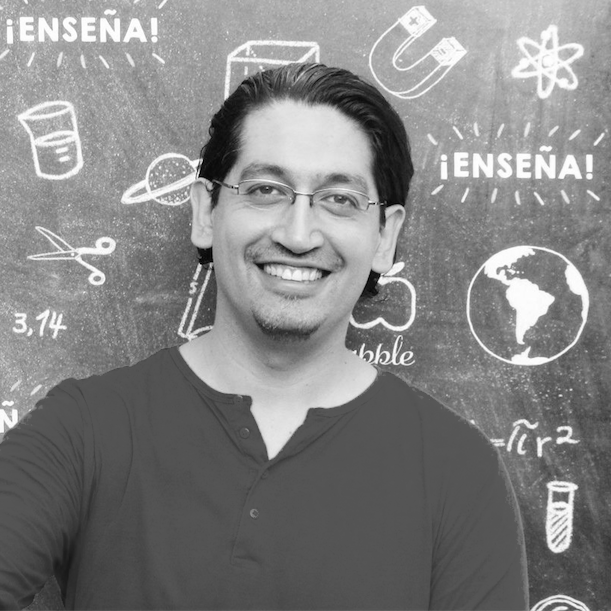
The future is uncertain, however, Chileans are very supportive in times of crisis. Every 5/10 years we either have earthquakes, volcanic eruptions or various natural disasters typical of this narrow and long country. I have entered the world of artificial intelligence with the aim of incorporating it into inclusion projects, and I see no better time than now to start them. Hopefully, many people will work with others in mind, especially in underdeveloped countries.
Dev Bharti, UK
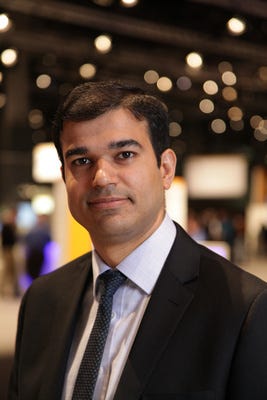
I feel our biggest challenge will be to try and restore balance in nature (not just talk) using innovative means, else nature will find ways such as this pandemic to balance things out. And it is crystal clear that this change needs to come bottom-up from people themselves, as the top-down approach has not worked!
Erum Afzal, Pakistan

Pakistan is suffering from fewer facilities in hospitals, poverty, illiteracy, and psychological depression. The situation is also increasing psychological stress. The media reports on increasing numbers of deaths, people not following government directions, and conditions of underserved communities.
Sabina Meric, Portugal and Serbia

In Portugal, I like that people go out on their windows or balconies every night at 10 pm to clap to honor medical staff. But in my home country, Bosnia medical staff immigrated to Germany and other countries and the ones who stayed don’t have the equipment to work. A total failure of the health system.
Ilias Papadopoulos, Greece
During this time, governments are spending hundreds of million euros for redundant advertisements. So my question is, why do we spend so much money on this and don’t care about the vast amount of children dying because of the lack of food and medicines in Africa and other poor regions?
Nikhel Gupta, Australia
There are ample of selfish people who are clearing supermarkets through panic buying, and some who are purchasing guns and ammunition. We are witnessing an extreme level of racism and politics of blame game. What I’m worried about today is not the Covid-19 but how people react to it. Fear is more contagious than Covid-19 and only a united world can defeat them together.
Aboli Marathe, India
I see the domestic help, the construction workers, the vegetable sellers, the laborers who take a 100 rupees home a day, to feed their hungry kids and family. One person’s wage supports 6–10 people. What will they do now?”
Mikko Lähdeaho, Finland

Last weekend a few night clubs and restaurants were still open, but they are all closed now like all public places except markets. My area, Uusimaa, is restricted by police and military. Children go to school remotely and fortunately the Internet is working. I hope we’ll get over this soon and I wish you all strength.
Mahzad Khoshlessan, US/Iran
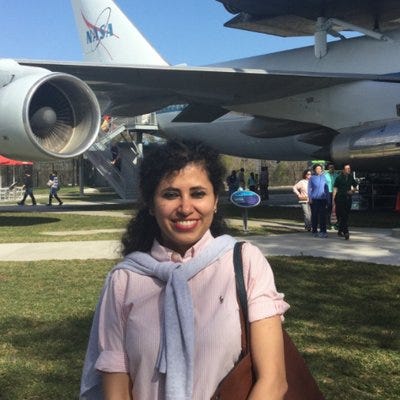
One of my big concerns is the economic situation and how the people especially international students like us will be affected by this situation. How this situation is going to affect the job market and hiring process is a concern of many people like me who are in their early career.
Ziyad Jappie, South Africa

I had a verbal confirmation about a job but then the COVID-19 came and I was told they cannot commit. This makes me worry about the possibility of getting jobs in the near future since almost a third of our population is unemployed. Apart from this, the direct effects it has on the people of the country are very worrying given that we have a high number of HIV+ cases. I pray for things to get easier for us all.
Dawid Mondrzejewski, Poland
We are an economy that functions predominately on relatively cheap labor. Unemployment is low, but most salaries are also small. I am worried if killing the economies worth it if we so laxly approach the support for the possibly affected? Hopefully, around the world, fewer people will die from the economic slump, than from the virus (if restrictions have not been so much draconian).
Joanne Burke, Orange County, California
I know there are cases in our city, but neighborhood data is not released. It is a joy to hear my son’s elementary school lessons on Zoom every day while the schools are scrambling to create online content. Prayers to healthcare heroes everywhere!
Yash Mahesh Bangera, India
I was waiting for my MS admits and this corona situation came up suddenly. It will be financially draining and will create a setback for me.
Soroush Sarabi, Iran

There are grave fears for our people. The severe economic problems in Iran do not allow them to stay at home. Also, Iranians are accustomed to having fun outside the house, and it is tough for them to stay at home, so these two can cause hazardous situations in the next weeks.
How Omdena is combating the Coronavirus
A good start to learn more about Omdena’s innovation platform is to read about our Coronavirus Policy AI Challenge, where more than 70 AI and domain experts are collaborating to build AI models that reveal the direct and indirect impact of pandemic policies on the economic health of marginalized communities.
Our aim is to support policymakers in identifying the most effective ways to minimize the economic suffering of those most vulnerable.



